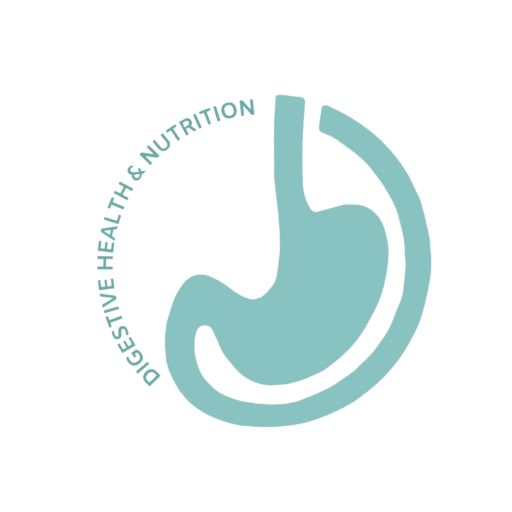Failure to Thrive (FTT):
Understanding Growth Issues in Children
Failure to Thrive (FTT) refers to a condition in which a child does not gain weight or grow as expected, often falling below standard growth charts for their age. It is not a disease but rather a symptom or sign of an underlying issue that may require medical attention. FTT can occur in infants and young children and can be caused by a variety of factors, including inadequate nutrition, underlying health conditions, or feeding difficulties.
Causes of Failure to Thrive:
- Inadequate Caloric Intake: The child may not be consuming enough calories due to poor feeding habits, difficulty breastfeeding, or an insufficient diet.
- Malabsorption: Conditions such as celiac disease or lactose intolerance can prevent the proper absorption of nutrients.
- Chronic Health Conditions: Illnesses like congenital heart disease, gastroesophageal reflux disease (GERD), or chronic infections can interfere with growth and nutrient intake.
- Psychosocial Factors: Emotional neglect, poor parent-child bonding, or stressful home environments can also contribute to FTT.
Signs and Symptoms of FTT:
- Poor weight gain or no weight gain over time
- Delayed physical growth (height and weight)
- Fatigue or lack of energy
- Developmental delays in physical, cognitive, or social skills
- Irritability or lack of interest in feeding
Diagnosis and Treatment: Diagnosing FTT involves reviewing the child’s growth chart, conducting a detailed medical history, and possibly performing tests to identify underlying conditions. Treatment depends on the specific cause but often includes:
- Nutritional support: Increasing caloric intake and providing a balanced, nutrient-rich diet.
- Addressing underlying medical conditions: Managing any diseases or disorders that are contributing to the issue.
- Psychosocial intervention: Providing support for family dynamics or addressing emotional factors that may impact feeding and growth.
Early intervention is crucial to ensure healthy growth and development in children experiencing FTT. If you notice any concerns regarding your child’s growth, consult with a healthcare provider for a thorough evaluation.

